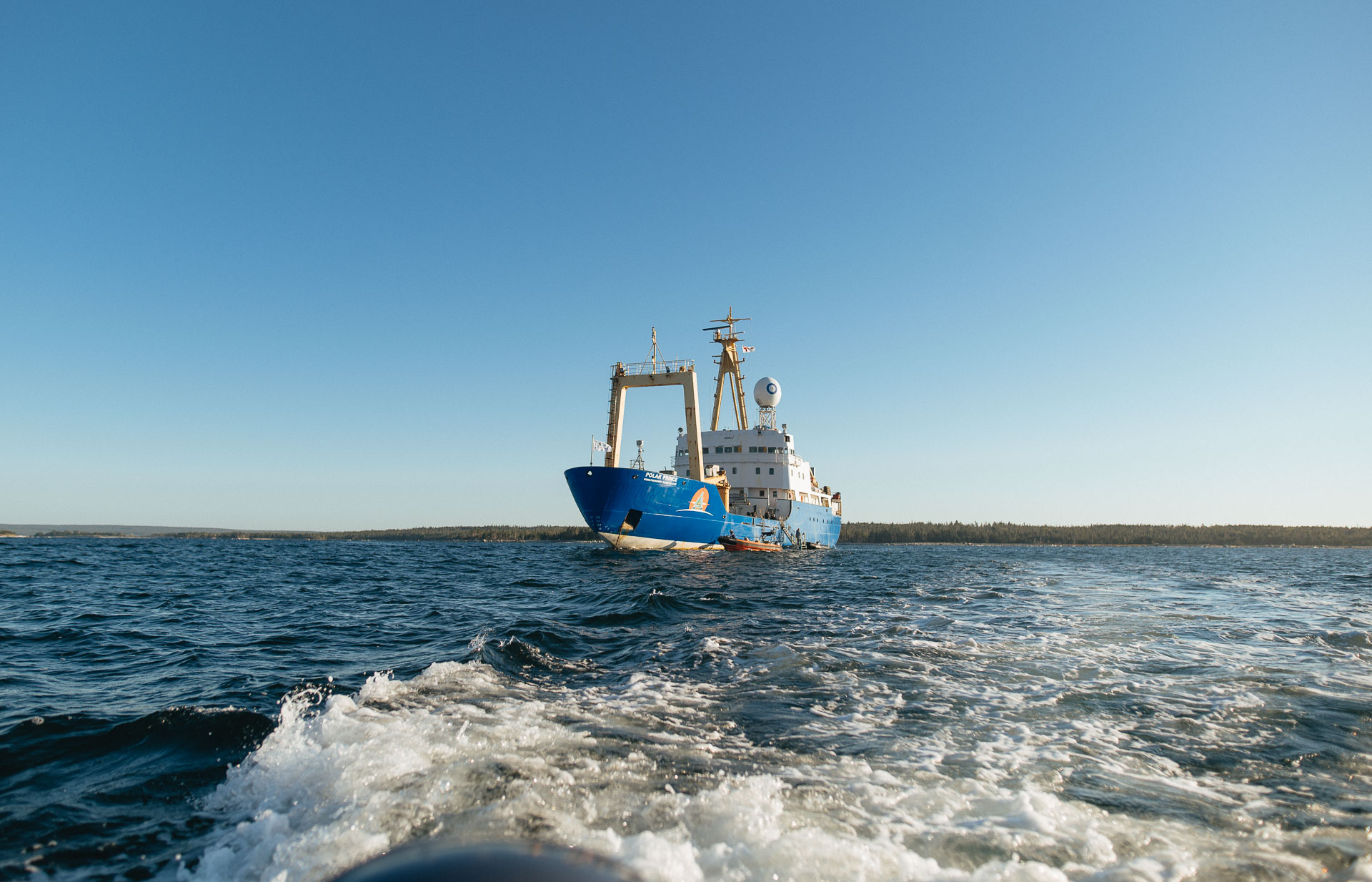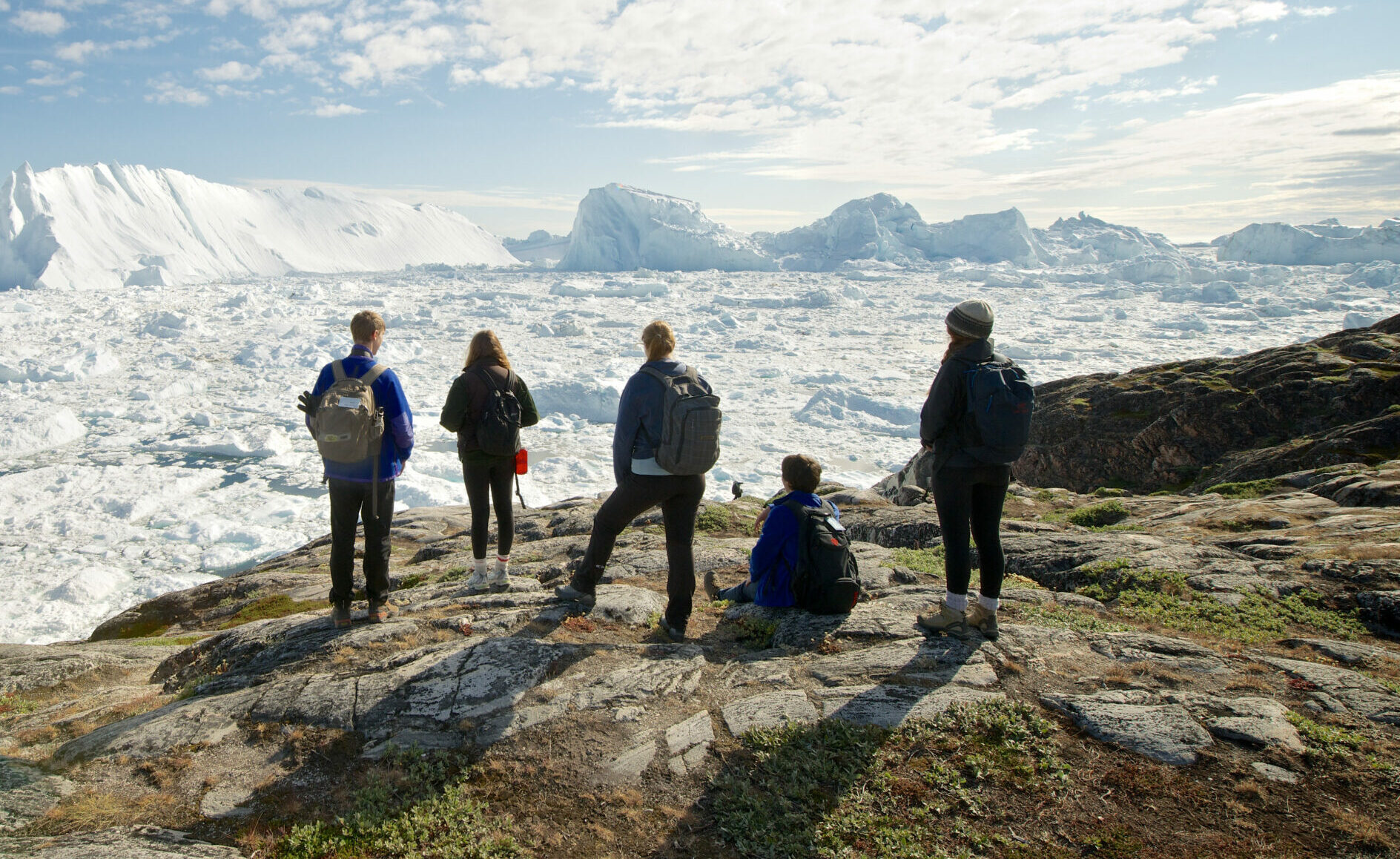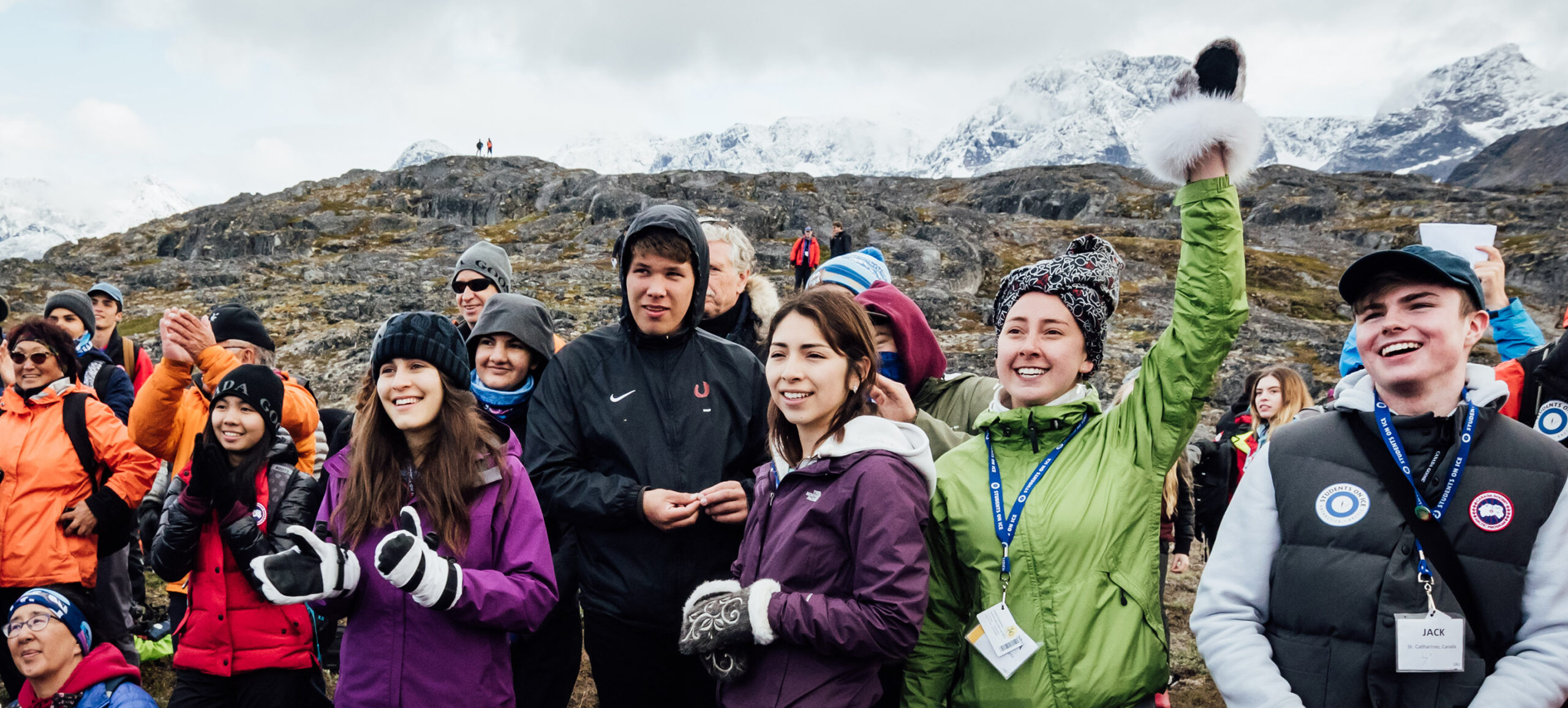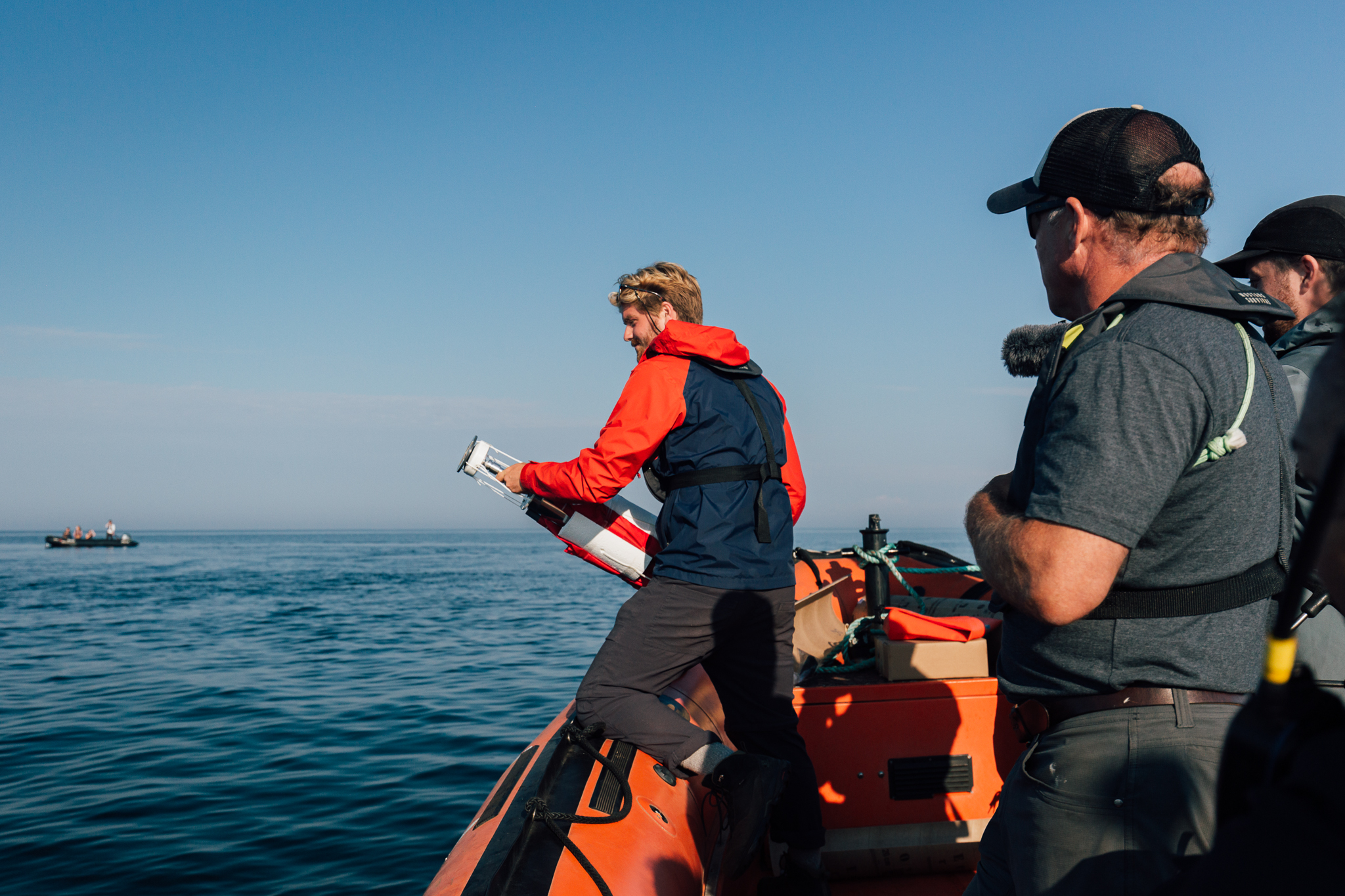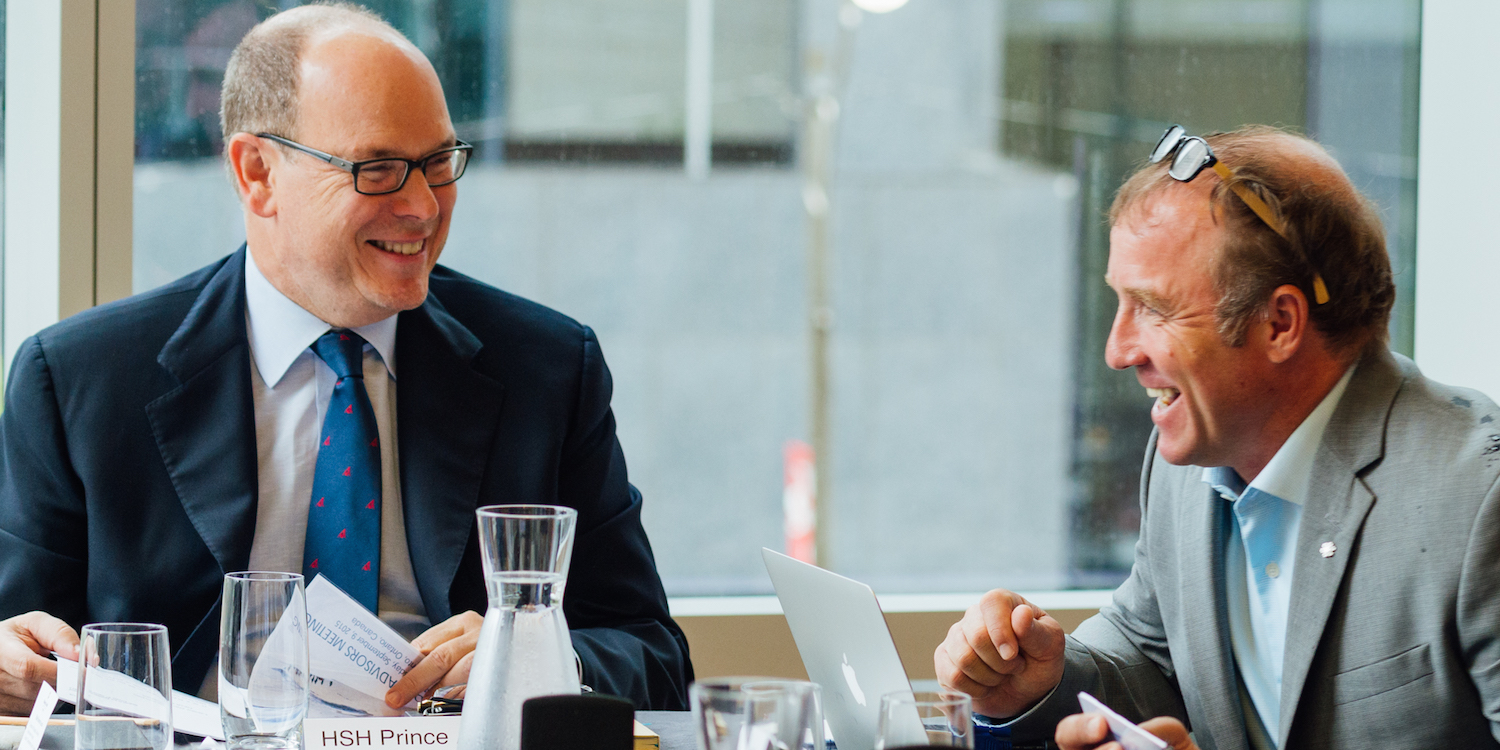Antarctic Delegation Reflective Blog: Veronica Flowers
My experience as part of the 2022 SOI delegation to Antarctica has been life-changing. It has allowed me to connect with an amazing group of young, like-minded people, all eager to embark on this learning journey together. As a group of seven young delegates from across Canada, we went from learning about the Antarctic Treaty System and how Canada could play an important role in the Antarctic, to climate change and marine wildlife, to the impacts of tourism on penguin colonies. As an alum of the 2017 Arctic expedition, what I found interesting was how my Arctic and Antarctic expedition differed, with regards to community, culture, and Indigenous perspectives. A few questions that arose for me while in the Antarctic are as follows:
- How can Indigenous knowledge be incorporated into Antarctic decision-making and policy?;
- Can Canada’s experience with Arctic research, tourism, and conservation be brought to the Antarctic?; and,
- Why is it important for young, particularly Indigenous people, to have a voice in the Antarctic?
Although Antarctica is the only continent with no Indigenous peoples, there are local and Indigenous people in gateway countries to the Antarctic (Argentina, New Zealand, etc.). At the start of the expedition, I learned how certain areas of Antarctica are claimed by various countries which, in most cases, have no relation to the polar regions. I’d like to know the extent to which local (and Indigenous?) input is used in Antarctic policy. Moreover, I’d like to dive deeper into how Indigenous research methods and histories can be used in Antarctic scientific research and tourism operations, if possible. I think bringing a northern Indigenous perspective to Antarctica is important and is something that’s not explored often.

As an early career researcher in Canada’s north, I know that community consultation and engagement are a cornerstone for any ethics approval process for projects to take place in the north. My masters research focuses on research ethics in the north, and I’d like to understand how this could become relevant to Antarctica. The process for Arctic research isn’t quite the same as the Antarctic; there is no Indigenous consultation required. Many people who are making decisions about the Antarctic have no lived experience of the polar regions and what it takes to protect such environments. I believe this is where we need to take a step back and think: how should activities in the Antarctic be conducted, who should be the decision-makers, and how can perspectives from polar communities be incorporated? How do local people feel about increased activities (i.e., tourism, fishing, scientific research) near their communities? Will the lack of local input have future implications towards conservation?
This SOI delegation served as an opportunity for young people, specifically young Canadians, to learn about the Antarctic, engage with experts, and take what we learn back to our community. I am forever grateful for this opportunity from SOI and will share my experience as best I can. A big take-home message for me is the need for younger visitors, both Indigenous and non-Indigenous, in the Antarctic, not just young researchers, but young visitors to learn and experience the reality of Antarctica. The reality is on average, only older demographics of people who have both the time and money are making the trek down to the Antarctic. What about the young Indigenous people who care about the environment and have lived experiences? I sense the need for a younger Antarctic audience, especially Indigenous youth and those in local surrounding regions who can provide unique perspectives and make a difference for their future.
